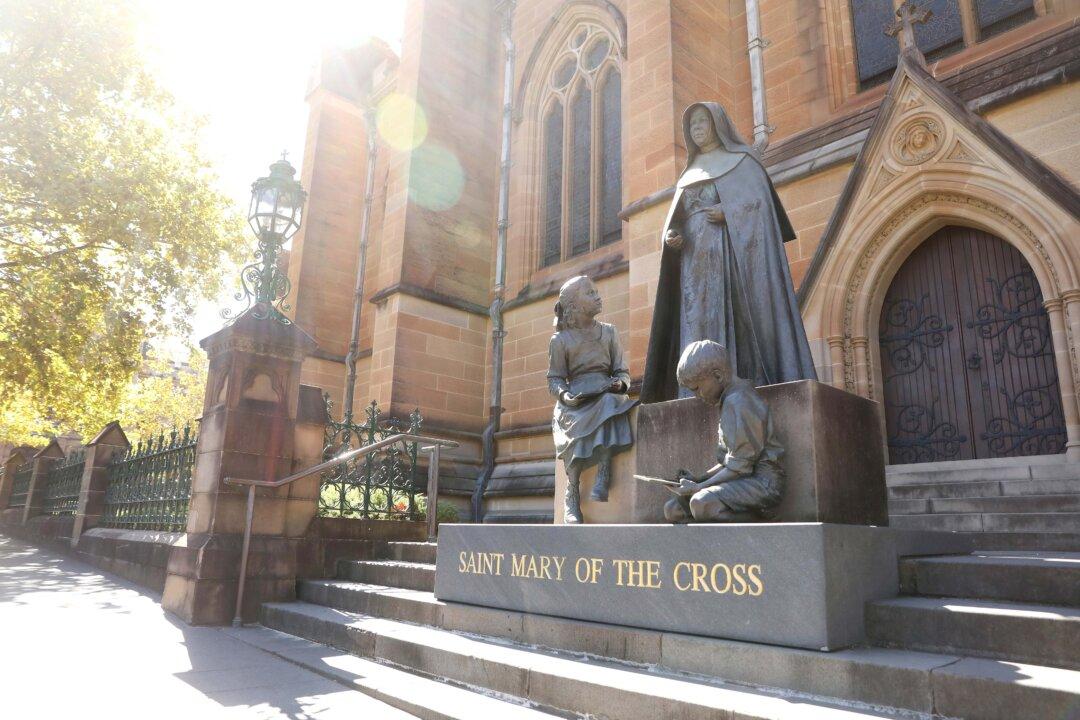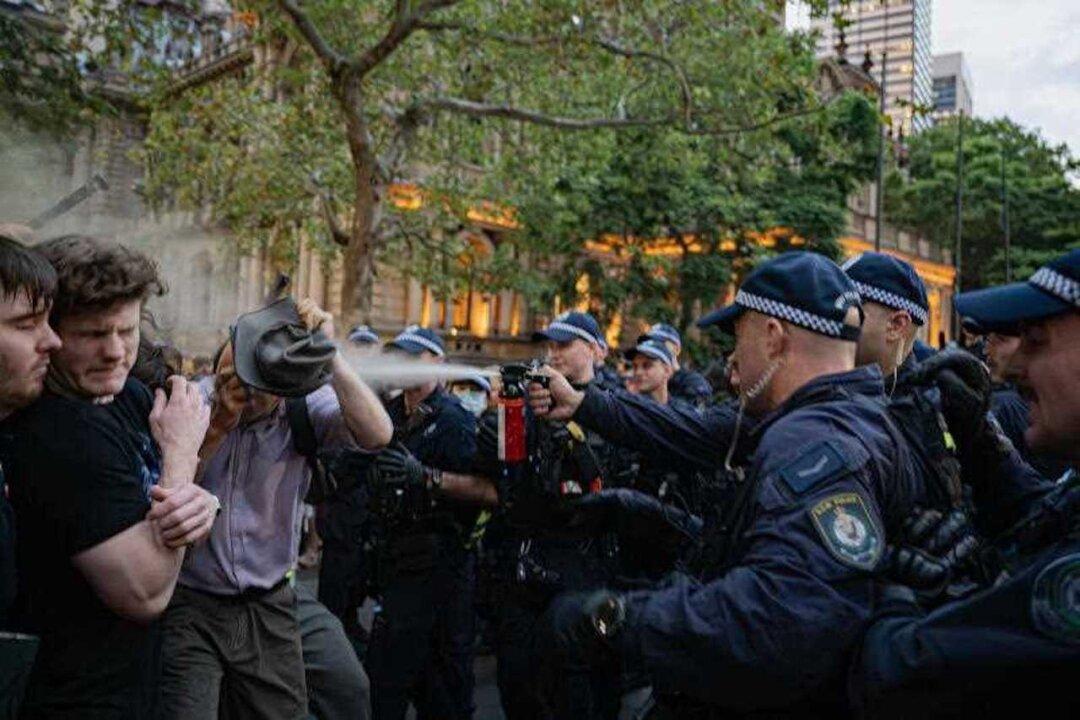One of Australia’s most senior religious leaders has warned that he'd likely boycott a COVID-19 vaccine being developed by Oxford University, while another is distancing himself from the stance, which has created a potential headache for the Morrison government.
Anglican Archbishop of Sydney Glenn Davies is concerned that scientists are using cell lines from an electively aborted fetus, a common practice in medical research.





